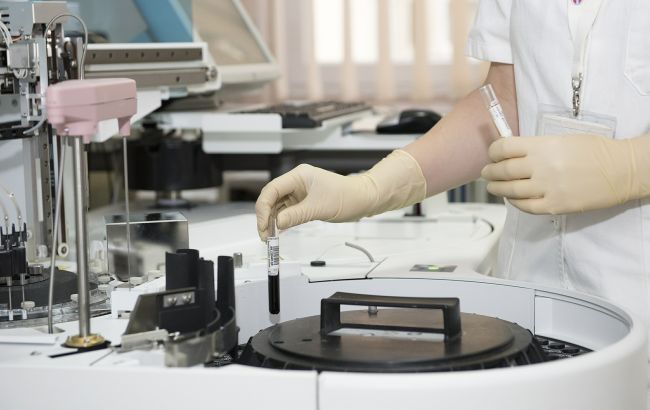Testosterone levels linked to iodine intake in men
 Photo: Testosterone levels linked to iodine intake in men (Pixabay)
Photo: Testosterone levels linked to iodine intake in men (Pixabay)
A study has found that lower iodine concentrations in urine are associated with higher testosterone levels in men, suggesting that excess iodine intake could affect health adversely, according to MedPageToday.
The cross-sectional study, involving nearly 3,000 U.S. men, revealed that those with lower urinary iodine concentrations had significantly higher total and free testosterone levels than men with normal or high iodine levels.
The research, led by Arcangelo Barbonetti, Ph.D., of the University of L'Aquila in Italy, indicates a potential link between iodine intake and testicular function.
The model was corrected for various factors, including metabolic indicators such as BMI, blood pressure, glucose, triglycerides, HDL cholesterol, creatinine, and demographic variables. Low iodine levels were defined as below 100 μg/L, normal levels ranged from 100-299 μg/L, and high levels were 300 μg/L or above.
Men with iodine levels in the lowest category had a median total testosterone level of 446.70 ng/dL. In comparison, those in the normal and high categories had testosterone levels of 398.68 ng/dL and 398.50 ng/dL, respectively. Similar trends were observed when examining calculated free testosterone, with 75.80 pg/mL, 72.10 pg/mL, and 67.20 pg/mL for the low, normal, and high iodine categories.
The study aligns with previous animal models and raises concerns about the impact of excess iodine on male hormonal health, especially in countries with iodine sufficiency.
Micronutrient study
The background of this research is rooted in the ongoing exploration of the relationship between micronutrients and hormonal health. The study's findings challenge the traditional view of iodine as a beneficial element, highlighting the need for a cautious approach towards iodine intake, especially in iodine-sufficient regions.
This research adds to the growing body of knowledge about the complex interactions between diet, micronutrients, and endocrine function, suggesting that regulatory approaches to iodine prophylaxis may need reconsideration.
This material is for informational purposes only and should not be used for medical diagnosis or self-treatment. Our goal is to provide readers with accurate information about symptoms, causes, and methods of detecting diseases. RBС-Ukraine is not responsible for any diagnoses that readers may make based on materials from the resource. We do not recommend self-treatment and advise consulting a doctor in case of any health concerns.

